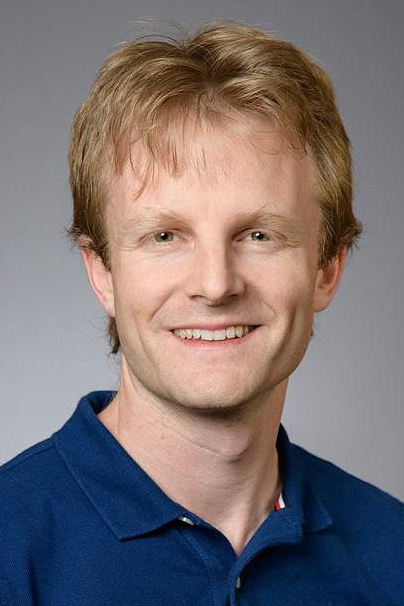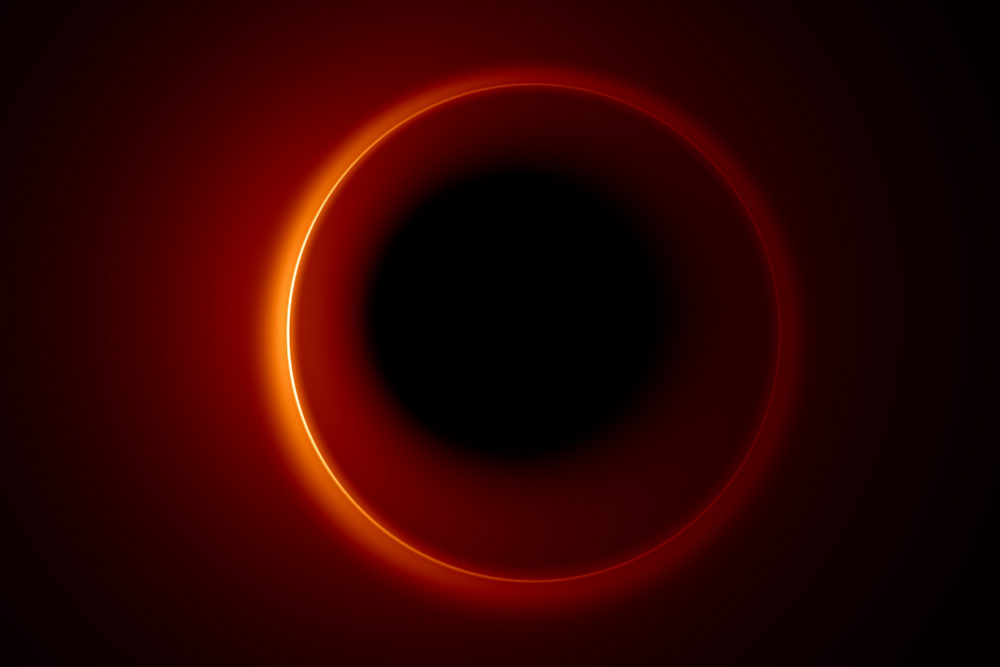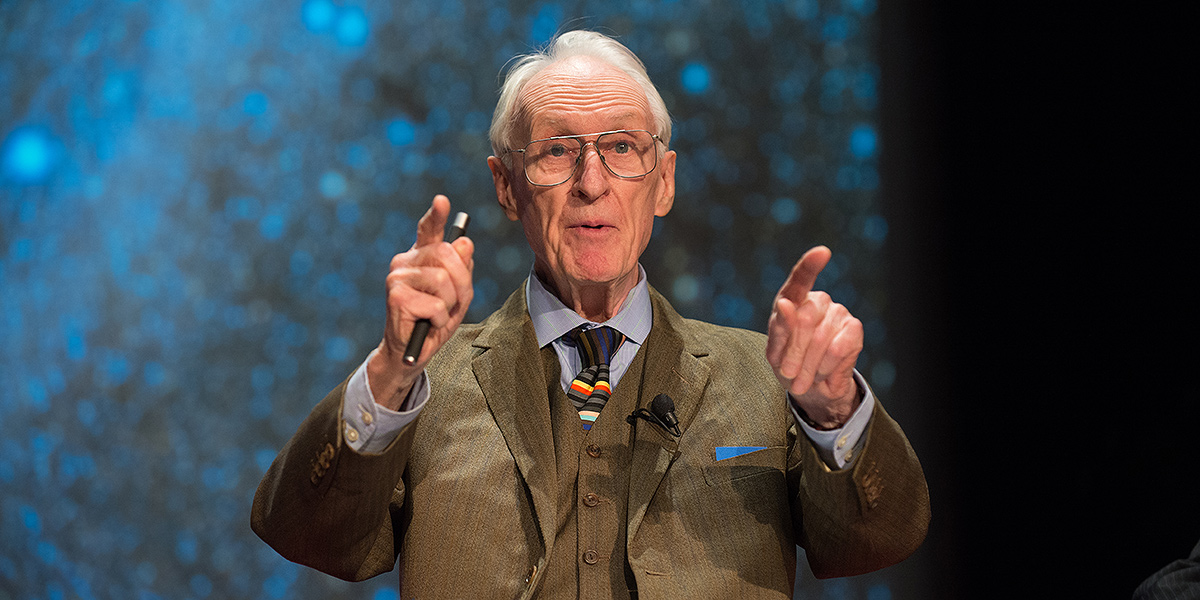The UMD Department of Physics
cordially invites you to the inaugural
Charles W. Misner Endowed Lecture in Gravitational Physics
with

Sam Gralla
Associate Professor of Physics
University of Arizona
on
"Black Holes: Seeing the Unseeable"

Tuesday, October 4, 2022
4 p.m.
John S. Toll Physics Building, Room 1410
Parking is available in the Regents Drive Garage. Enter via Stadium Drive; an attendant will direct visitors within the garage. Additionally, the free #104 ShuttleUM bus runs between the College Park Metro Station and Regents Drive at about 12-minute intervals.
Questions? Contact the Department of Physics at physchair-rsvp@umd.edu or 301-405-5946.
About the Talk
Black holes emit no light of their own and absorb everything that crosses their event horizon. But they are not invisible, and thanks to some spectacular breakthroughs of recent years, now we can see them. I will tell the remarkable story of black hole imaging and explain the science in simple terms: What are we looking at in a black hole image, and what do we learn from it? I will also describe the exciting future of this new field, with new telescopes and space missions set to probe black holes in finer detail than ever before, putting our understanding of gravity to the ultimate test.
About the Speaker
Sam Gralla works in gravitational physics at the intersection of theory and experiment, with an emphasis on black holes. He is widely regarded as an effective public speaker, with his recorded lectures receiving hundreds of thousands of views online.
About the Lecture
The family of Professor Emeritus Charles W. Misner established the Charles W. Misner Endowed Lectureship in Gravitational Physics at the University of Maryland in 2021. Dr. Misner is a world-renowned physicist who co-authored Gravitation in 1973 with John Wheeler and Kip Thorne, a book that became the standard graduate school text on general relativity. Dr. Misner served on the faculty in UMD’s Department of Physics from 1963 until his retirement in 2000. The Misner lecture is hosted by the Department of Physics in the College of Computer, Mathematical, and Natural Sciences. |







